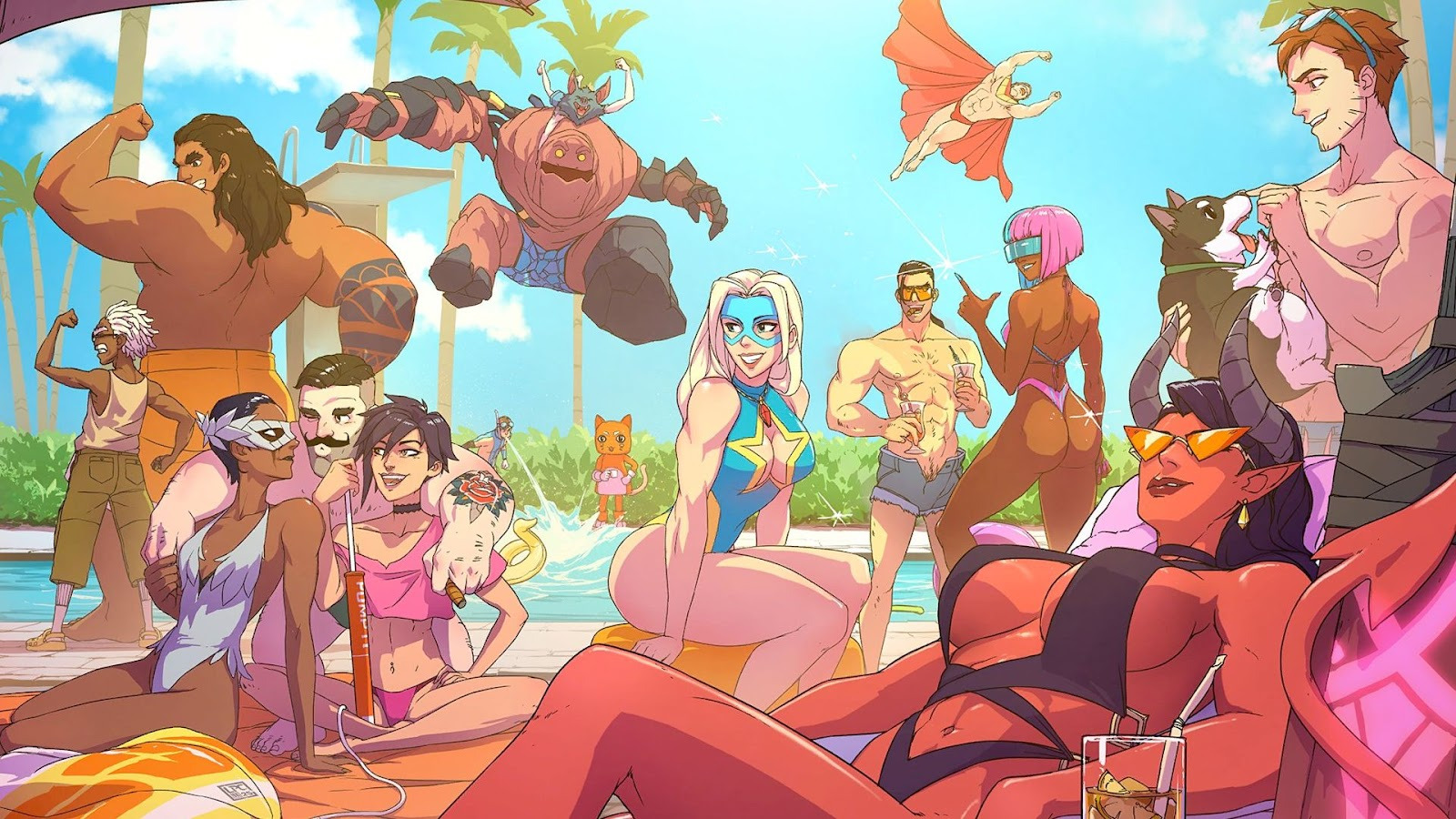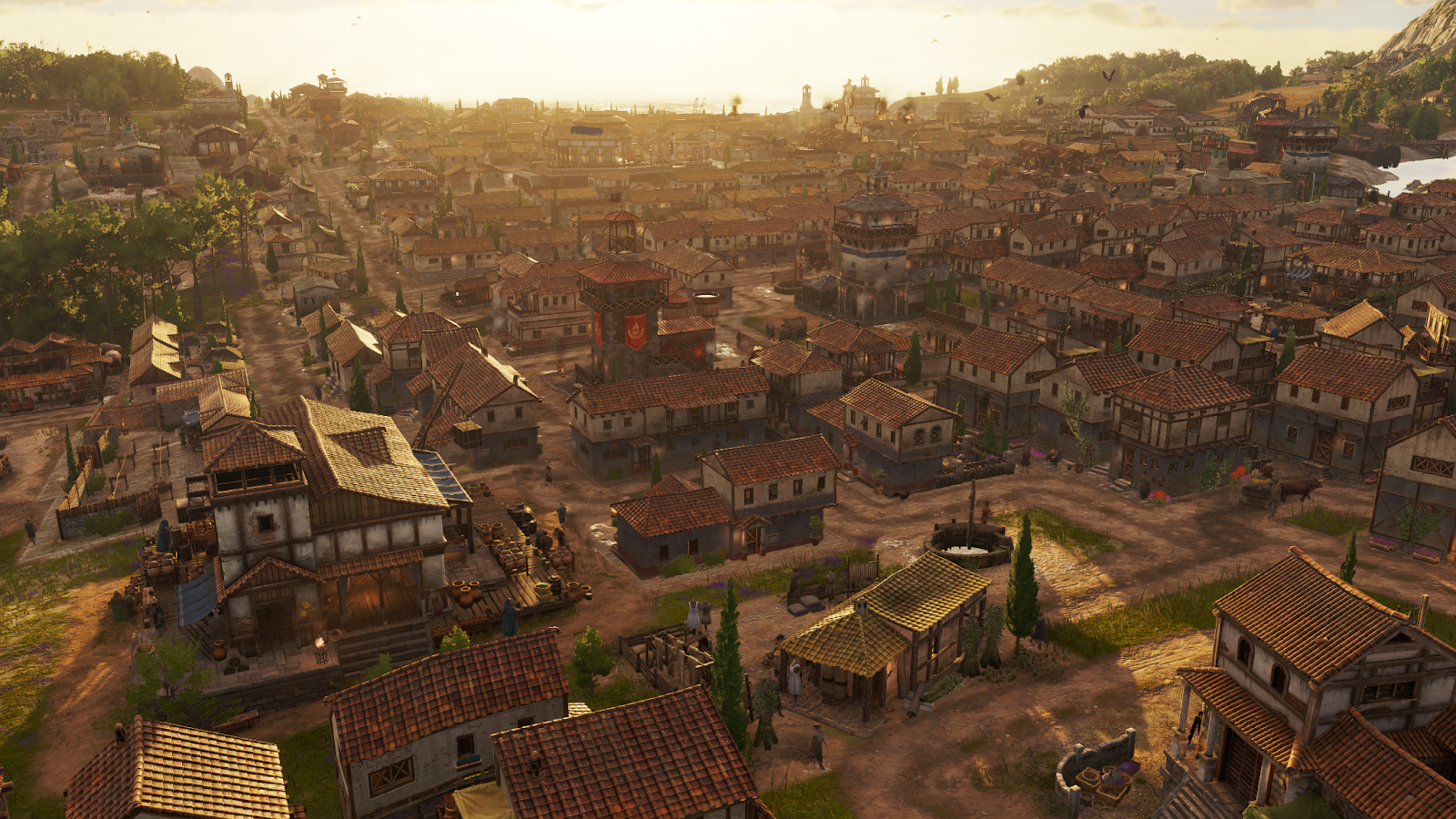You can trust VideoGamer. Our team of gaming experts spend hours testing and reviewing the latest games, to ensure you're reading the most comprehensive guide possible. Rest assured, all imagery and advice is unique and original. Check out how we test and review games here
For Rico Rodriguez, the hero of the Just Cause games, the crunch of glass and the punch of bullets are the sounds of summer. It’s a good job his missions put him under a hot sun; otherwise, his balmy high jinks would seem less benign and more homicidal. If he had to work with wet leaves, chilly wind, and skies of slush, his glamour would turn grim. He’d be less Action Man than murderer. It’s for this reason that the villain of Just Cause 4, who has the power to control the forecast, must be stopped.
His name is Oscar Espinosa, and he’s the first villain to weaponise the weather since Sir August De Wynter, in 1998’s The Avengers, who was played, in a comedic casting coup, by Sean Connery – the joke being that it was precisely that breed of megalomaniac Connery thwarted time and again as James Bond. In Just Cause 4, however, there is no such wit; Espinosa is as dull as a raincloud. But to give him his due, his methods are tailor-made to irritate Rico, who spends most of his work day in the air.
The traversal in Just Cause 4 is a wondrous thing. It’s a divine balancing act between Batman, gliding on pockets of air, and Spider-Man, darting and twanging off surfaces. Rico’s grappling hook lofts him skywards; his wing suit whisks him along; and his parachute, bobbing on the breeze, gives him the stately air of Superman. Lousy weather, then, is his kryptonite. Clearly it’s Rico, more than the troubled paradise of Solís, that’s under siege.
Not that there aren’t locals in need of assistance. You’re charged with winning the hearts and minds of a rebel militia and scorching enemy turf with skirmishes. There’s no sense of emotion or desperation in the tyrannised populace, but then, I’d be concerned for any soul who comes to Just Cause 4 for its narrative. Why bother to unspool the fuse of a story when you can blow things up with such ease and speed? Besides, Rico isn’t the dramatic type; his emotions are the last things to detonate.
It’s just as well, too, because the nitty-gritty of his daily schedule demands your attention. Advancing your militia’s front line requires sufficient Chaos Points, and that’s best taken as both description and instruction. Fireballs are to be nurtured like blooming flowers, their seeds spread across the land in the shape of gas canisters, barrels, generators, and vehicles. And there’s little to stand in your way. Espinosa’s forces will assuage any nagging fears you have that AI poses any measure of threat to our future. They amble into your iron sights like lemmings, and stand about like guinea pigs, to be experimented on in the name of weird science.
Rico’s Grapple grants you the power to tether them to one another, butting heads like coconuts. Better yet, why not send one pinging into a red barrel, or play conkers with a pair of helicopters? Behold the joys of elasticity! The best thing about the combat is this ludicrous playful approach; it goes a long way to alleviate the repetition of claiming enemy turf. There are even helium balloons, which, with forlorn cruelty, can send soldiers drifting up to the stratosphere – the closest they’ll get to the heavens. Imagine if Che Guevara employed such risible tactics.
Down on the ground, it doesn’t matter how internecine the conflict gets, as long as the Chaos is climbing. The series’ title has always been a statement, not a question. Missions are the best way to get the points you need to advance, but they come packed with pointless wadding. If you have to hack one terminal, the chances are you’ll be asked to hack two more; it’s an artificial way of pumping up the missions but, ironically, ends up deflating them. At one point, laying siege to an enemy base, my contact chirps in my ear, ‘They’ve put some signal jammers around the base. That’s a problem.’ Rico replies, ‘No. They’re just postponing the inevitable.’ Indeed, Avalanche should take note.
This dull, slogging mission framework gives you unwelcome pause for thought, a mortal sin in a game like this. The first Just Cause sprang from the gold rush that sifted through the wake of Grand Theft Auto: San Andreas, and, in a brazen show of oneupmanship, pushed you out of a plane before handing over control. More than just airborne, Rico was born in the air. As the series has surged on, things have only ramped up. The trouble is you become velocitised. Just Cause 4 is terrified of letting up on the accelerator, for fear that anything slower than a lightning bolt will feel like a crawl. It’s perfectly summarised during one mission, which sees Rico stirring up and pursuing a tornado as it rakes through the countryside and into a city. That’s exactly what the developers at Avalanche Studios are doing: they’re storm chasers.
The master stroke of Just Cause 4 is that it puts you in Rico’s position; as long as you can stay airborne and keep the high going, you can fill a weekend with cheap thrills the likes of which you’ll get nowhere else. When he catches up with that hurricane, he makes a human harpoon of himself and stabs into its heart. Whatever his plan was, one of his allies remarks, ‘It’s fucking nuts.’ Back comes the reply: ‘And that’s why it’s going to work.’
Developer: Avalanche Studios
Publisher: Square Enix
Available on: PS4, Xbox One [reviewed on], PC
Release date: December 4, 2018
To check what a review score means from us, click here.










